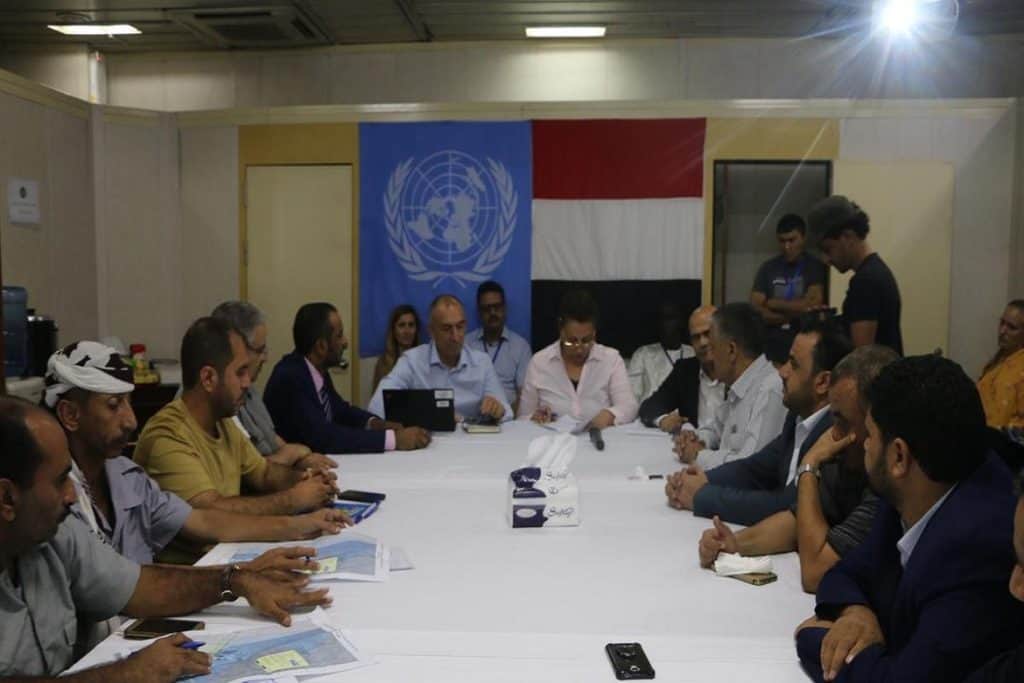By Denis Korkodinov
The solution of the Yemeni crisis is made difficult by mutual distrust of the parties in conflict. However, on July 15, 2019, during a bilateral meeting in Hodeida, a slight hope appeared that a temporary truce might occur in Yemen, if mistrust could be overcome.
Last December 2018, in Sweden, the leaders of the Yemeni “government in exile”, under the leadership of Mansur Hadi and the Ansar Allah movement (the Hushits,) agreed, through the so-called Stockholm agreement, to withdraw troops from Hodeida, and also to exchange prisoners.
However, under the pressure of external players and, above all, Riyadh, the Hadists repeatedly violated the terms of the agreements. In order to clarify the the positions of the parties, a new round of negotiations was launched in Hodeida on July 15, 2019 , on board a United Nations ship, through the mediation of Lieutenant General of Denmark Michael Lollesgaard. The negotiations led to a new agreement among the parties to reduce hostilities throughout Yemen.
But, there are doubts that the Hodeidah Agreement can be implemented. The main problem could be the excessively demands for the Hussites, while the supporters of Mansur Hadi have been, in the fact, discharged.
According to the agreement, the Hussites must change the 30 death sentences handed down in early July 2019 against persons accused of collaborating with “aggressor” states. In addition, the Hadists insist on the creation of local security forces solely from representatives of the Yemeni tribes, acting in opposition to the Hussites. Of course, such conditions are unacceptable for supporters of the Ansar Allah movement, since in the case of the implementation of the Hodeida agreement, their influence on the territory controlled by them may drastically decrease.
The doubts of the Hussites have some foundation, since already on July 20, 2019, a coalition of Arab states under the auspices of Saudi Arabia bombarded the city of Sana’a , thereby violating the cease-fire. According to preliminary data, at least 6 attacks were recorded per day. The greatest damage from the bombing was caused, among other things, to the building of the Ministry of Information of the Sana’a Government. In addition, according to representatives of the Supreme Political Council of Yemen, Riyadh, with the participation of American troops, is preparing a large-scale ground offensive operation against the positions of the Houthis in Sana’a.
It is noteworthy that the new round of the negotiation process took place on board of ship of an international organization. This is another manifestation of the mutual distrust of the parties in the conflict. The fact is that the Hadists and Hussites could not agree on determining the venue for negotiations on land, since each of the parties suspected their opponents of provocation. Thus, the Hussites did not want to hold talks on the territory controlled by the government of Mansur Hadi, but the Hadists, in turn, were afraid to meet with the leaders of the Hussites on their controlled territory. Therefore, it was chosen a neutral place to meet – the board of a ship flying the UN flag in international waters.
(The opinions expressed in this article are solely those of the authors and do not necessarily reflect the views of World Geostrategic Insights).
Image Credit: EPA







